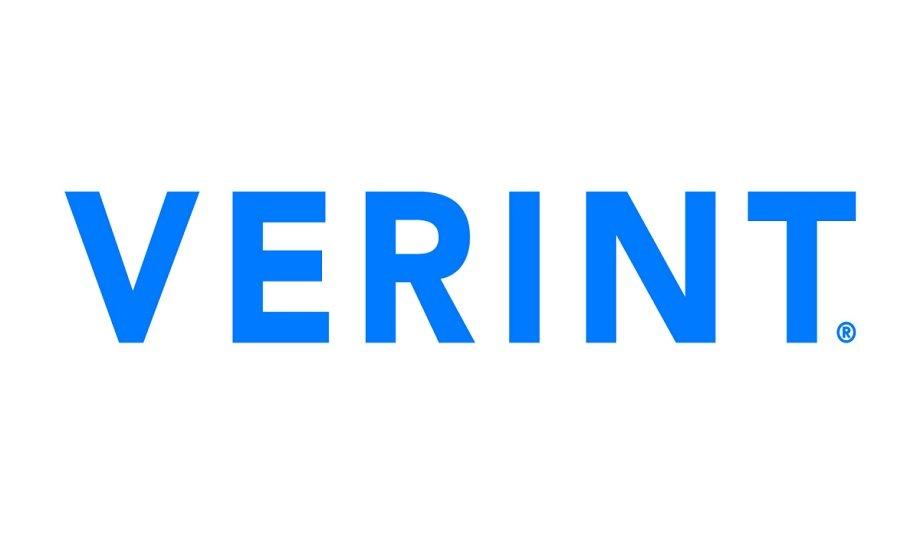Amid a tumultuous time for the healthcare industry due to the global COVID-19 pandemic, the top 25 health insurance companies remained in tight competition when it came to member satisfaction, according to new research released by Verint®, The Customer Engagement Company™.
The range for satisfaction (SAT) scores from highest to lowest was just under nine points out of a possible 100, suggesting that all the top 25 health insurers are highly competitive, according to the Verint Experience Index: Health Insurance 2021 report, which surveyed health insurance members from June through July 2021.
Driving member satisfaction
United HealthCare ranked first with a SAT score of 84.1. Humana came in second with 83.4 while Kaiser Foundation Health Plan came in third with 82.8. The report shows what drives member satisfaction, with perceived value having the most important impact on satisfaction for the vast majority of the top 25 U.S. health insurers evaluated. Other impacts to member satisfaction varied across the board, including enrollment, services, provider availability, digital experience, and claims.
The global pandemic has created new challenges for health insurance companies"
“The global pandemic has created new challenges for health insurance companies, from the contact center’s need to tackle new processes and procedures like COVID-19 prevention, testing, and treatment information to financial pressures. And health insurers had to adapt and act quickly in a constantly changing world,” says Verint’s Kevin Daly, Global Vice President, and GM, Experience Management.
Health insurance companies
“Our research shows that the top health insurance companies delivered great member experiences across channels. What’s more, the report shows what members want out of their experience and when and how they choose to engage with the company.”
Other key findings from the report indicated:
- Members prefer the ‘fastest’ and ‘easiest’ ways to connect with their insurer—but they can’t agree on which channels best provide this. The division doesn’t necessarily fall along with generational splits; 31 percent of Baby Boomers want to use the website while 31 percent of Gen Z want to call.
- Insurance providers that cover telehealth have a 12 percent higher trust score from their members than providers who do not provide telehealth coverage.
- Across all survey respondents, benefits, copayments, and in-network providers were the most important factors when selecting a health insurance policy. Cost transparency and mental health were relatively less important to members as a whole but extremely important to Gen Z: cost transparency is 116 percent more important to Gen Z than the average member and the second most important factor in their decision making; mental health coverage is 281 percent more important to Gen Z than other respondents.
Survey respondents representative
Top companies were determined by the National Association of Insurance Commissioners (NAIC) rankings
The Verint Experience Index is a web panel survey report chronicling customer experiences across key industries. The 2021 health insurance edition ranks the omnichannel experiences of the top health insurance providers in the U.S.
Top companies were determined by the National Association of Insurance Commissioners (NAIC) rankings based on market share. The study uses a one-panel sample with survey respondents representative of the U.S. general population with 250-260 responses for each health insurance provider.
Health insurance policy
Respondents needed to have a health insurance policy with one of the providers to qualify for the survey. Rankings in the VXI are based on satisfaction (SAT), using a scale of 0 to 100. NPS is also shown, on a scale of -100 to 100.
All significance testing was completed at a 90% confidence level. In a few instances, Verint was not able to collect enough panel survey data for a top insurer during the fielding timeframe. These companies were dropped from the list. Whether or not an insurer is a Verint client has no bearing on their inclusion or exclusion in the list. The study was fielded from June 9-July 1, 2021, with a total of 6,336 survey respondents. SAT margin of error is +/- 1.88 and NPS margin of error is +/- 7.99.
